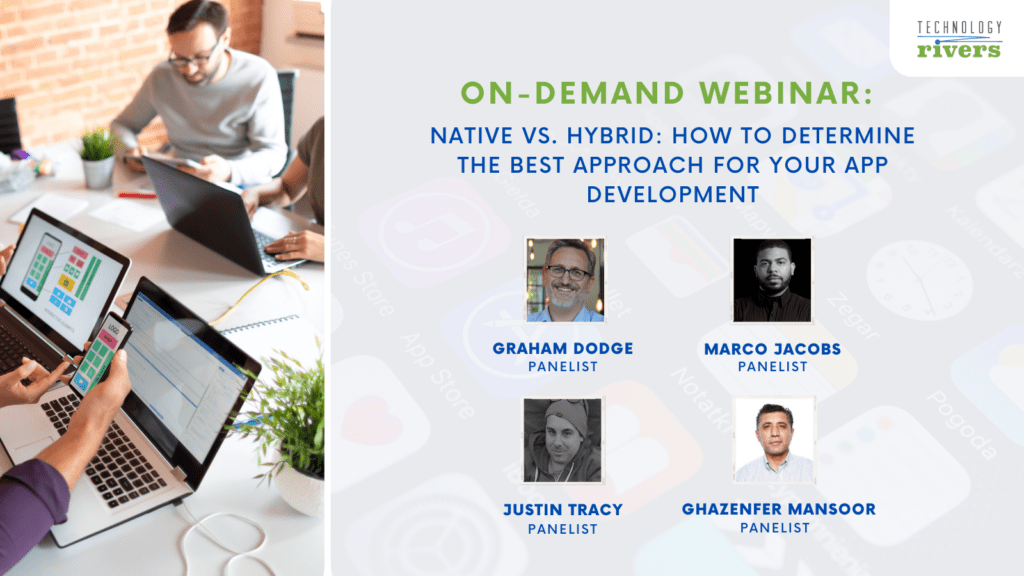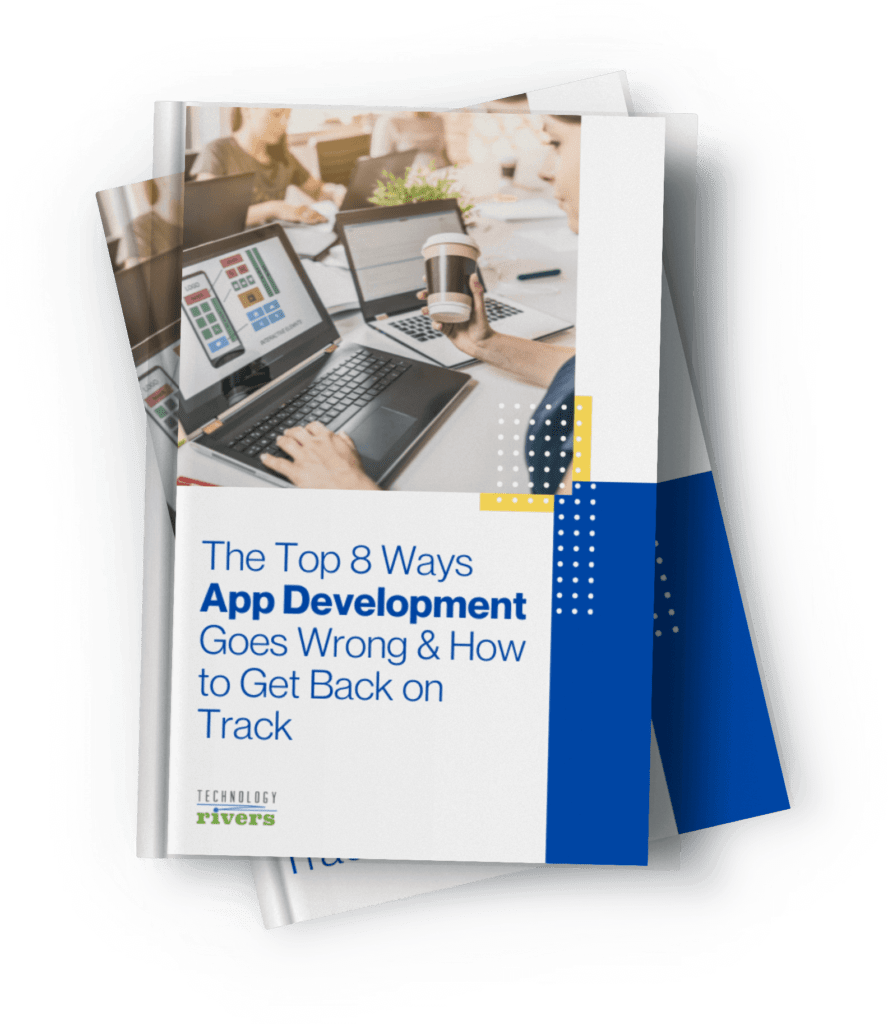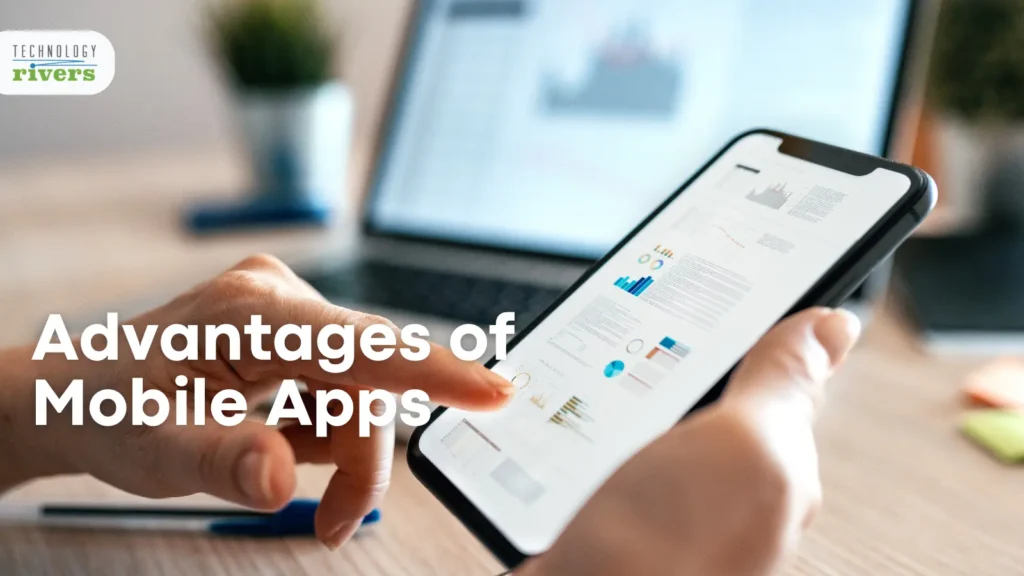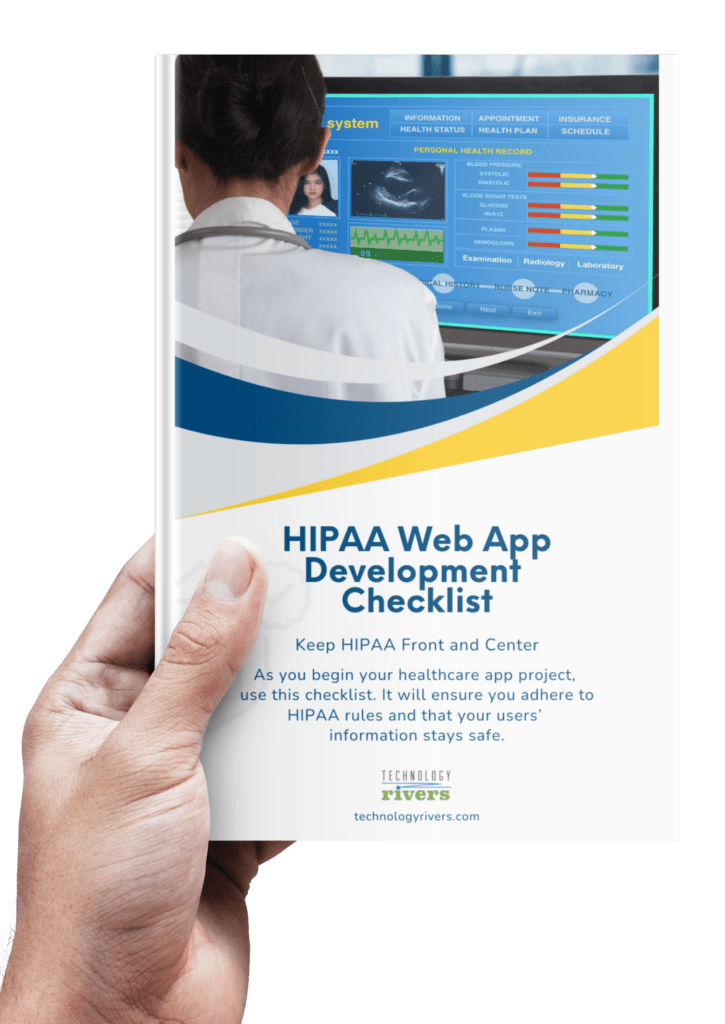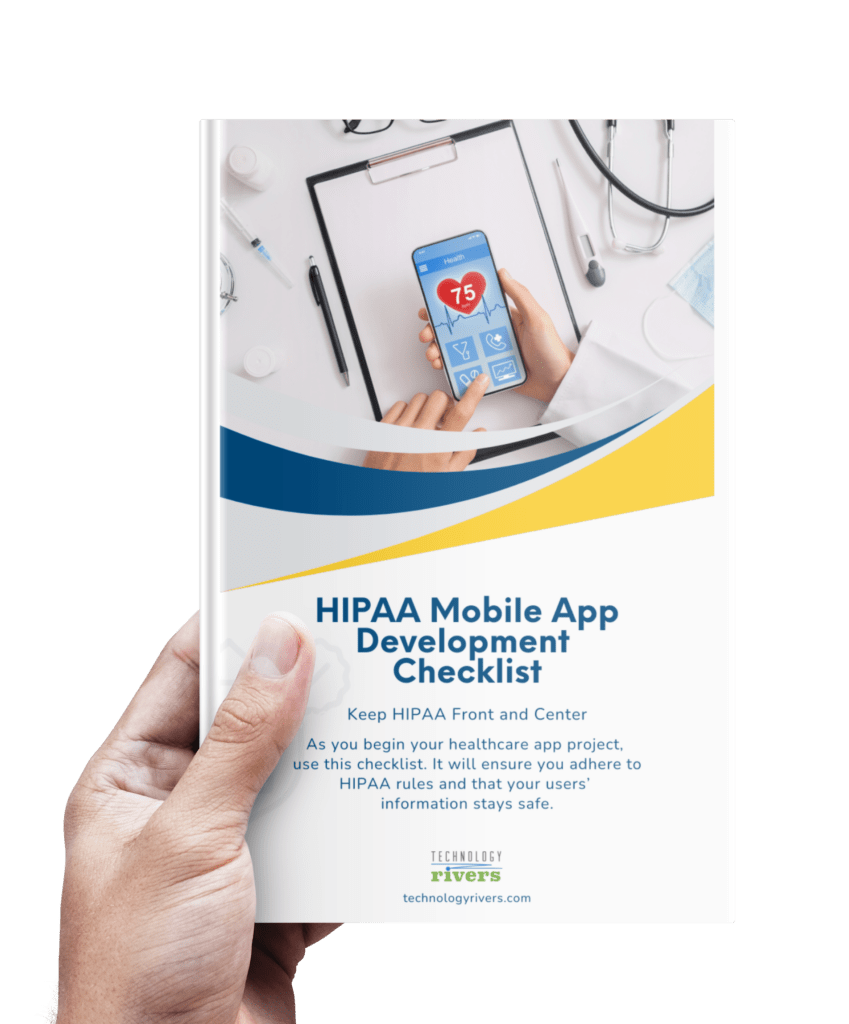Mobile apps have become a big part of our daily lives, from social media and communication to shopping and banking. Custom mobile app development has become a top priority as businesses continue to digitize. But with so many options available, how do you choose the best approach?
In this article, we’ll explore the different approaches to custom mobile app development, and get essential insights from a panel discussion hosted by Technology Rivers. The panelists, who are all leaders in the industry, shared their experiences and expertise on the pros and cons of full native programming and hybrid apps.
On-Demand Webinar
Whether you are a startup, entrepreneur, or product owner, this article will give you valuable information to help make an informed decision when developing your next mobile app. The panelists for the webinar were:
- Graham Dodge, President at PathCheck
- Marco Jacobs, President and CEO at CodeIntelx
- Justin Tracy, CTO at Workdrive
- Ghazenfer Mansoor, CEO of Technology Rivers
The panel discussion aimed to provide clarity around questions related to building hybrid versus native applications. The webinar was moderated by the team at Technology Rivers, a web and mobile product development company based in Northern Virginia, that works with entrepreneurs, founders, startups, and product owners to help them build highly scalable and flexible applications. Technology Rivers has been ranked numerous times as a top mobile app and custom software development firm in the DC area. Some of their apps have also been featured in the Apple and Google stores and other prominent tech forums and publications.
The panel discussion started with the question of what the most popular approaches to custom mobile app development are – Justin Tracy, CTO at Workdrive, provided an answer to this question. He stated that there are two main approaches to custom mobile app development: full native and hybrid.
Full native programming involves creating an iPhone app and an Android app. There are two ways to make these apps:
- Native-level programming, which takes a significant amount of time
- Off-the-shelf tools to get the job done faster
Hybrid apps are a newer approach to custom mobile app development. They are developed using HTML5, JavaScript, and other tools that provide different languages. The code can be written once and used for both iOS and Android. This approach saves a lot of time on the development side.
The panelists also discussed the pros and cons of each of these different types and approaches to custom mobile app development. Ghazenfer Mansoor, CEO of Technology Rivers, stated that one of the bigger pros of hybrid apps is that you can write one code for both iOS and Android. This saves a lot of time on the development side. Marco Jacobs, President and CEO at Code Intellects, agreed that many newer apps that are coming online now are using the hybrid approach.
However, Justin Tracy, CTO at Workdrive, pointed out that one of the cons of hybrid apps is that when Apple or Google releases new features, not all the hybrid platforms have access to those features right away. There is a slight delay, and sometimes, these features are not available at all.
Another pro of full native programming is that it allows developers to leverage the unique features of the operating system of the device. To have an elegant mapping experience on an iPhone versus an Android, you need to be very device-specific. This requires developers to use Swift to do the other development for them.
The pricing for full native programming is also a con as you need to have two development teams for Apple and Google mobile apps. One team has to manage the Java code, while the other team has to manage the Swift code. In contrast, hybrid platforms have one codebase that can be used across both stores, which makes things a lot easier.
Conclusion
In the world of custom mobile app development, the decision between the full native and the hybrid approach is full of nuance. Full native programming is expensive but allows for leveraging unique device features. And hybrid apps save time and money but may experience delays in accessing new features.
Ultimately, the choice depends on the project’s specific needs and budget constraints. So, take your time, consider your options, and choose wisely. And if you want to learn more about this topic, check out the on-demand webinar here.


